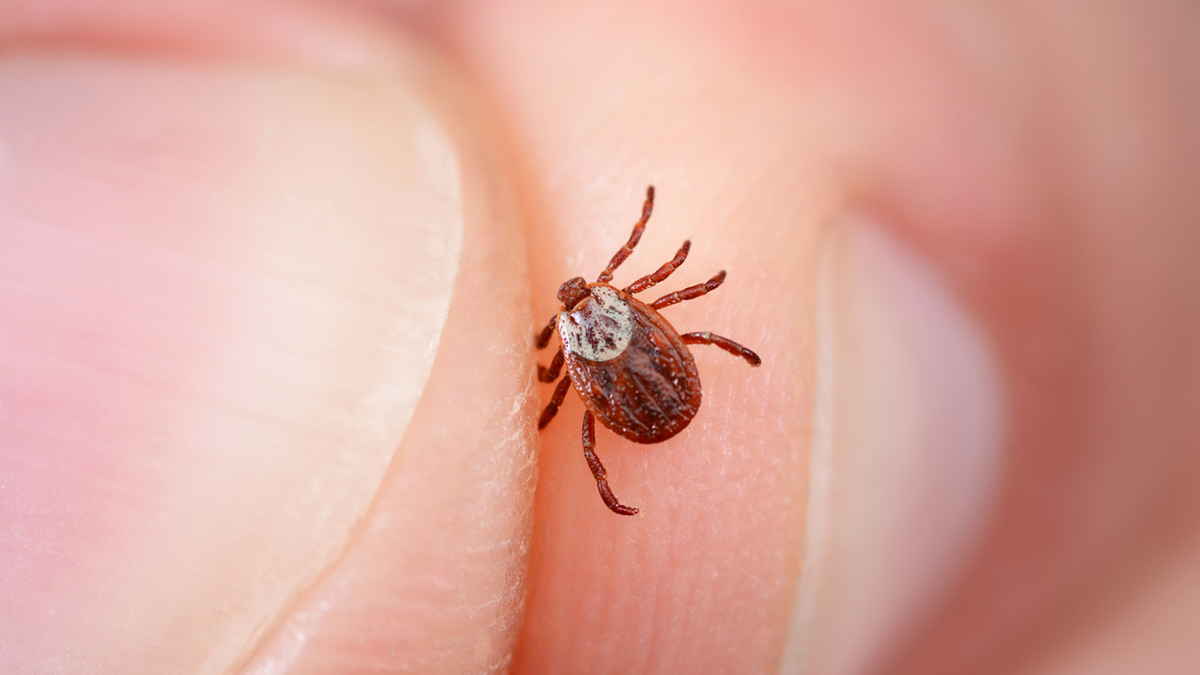Ethnobotanical medicine ‘effective against the bacterium causing Lyme disease’
A recent preclinical study in test tubes has shown that selected plant-based herbal medicines, especially Ghanaian quinine and Japanese knotweed, work better than antibiotics in Lyme disease.
Lyme disease, also called borreliosis, is the most common vector-borne disease in the Northern hemisphere. It is caused by the spirochete (corkscrew-shaped) bacterium Borrelia burgdorferi and close relatives and is mainly spread through the bite of infected ticks.
Currently, more than 300,000 new cases are reported in the US each year, compared to 65,000 in Europe, and these numbers are rising due to climate change and urban sprawl.
The standard of care for Lyme disease, a course of antibiotics over two-to-four weeks, is not always effective: At least 10-to-20 per cent of treated patients continue to experience symptoms after treatment. Late-stage Lyme disease patients may experience many different symptoms, including fatigue, joint pains, memory problems, facial paralysis, aches, stiffness in the neck, heart palpitations, and severe headaches.
In a recent study published in Frontiers in Medicine, researchers from the Johns Hopkins Bloomberg School of Public Health, with colleagues at the California Centre for Functional Medicine and Focus Health, surveyed the power of 14 plant-based extracts to kill Borrelia burgdorferi, compared to the currently-used Lyme antibiotics doxycycline and cefuroxime.
The researchers tested these extracts’ effectiveness in vitro on the free-swimming ‘planktonic’ form of the bacterium, as well as against microcolonies.
Microcolonies are aggregates of bacteria, the first stage in the development of biofilms.
The researchers showed that plant extracts from black walnut, cat’s claw, sweet wormwood, Mediterranean rockrose, and Chinese skullcap had strong activity against B.burgdorferi, outperforming both tested antibiotics.
But by far the strongest performers were Ghanaian quinine (Cryptolepis sanguinolenta, also known as yellow-dye root, nibima, or kadze) and Japanese knotweed (Polygonum cuspidatum).
Ghanaian quinine is a shrub from West Africa containing the antimicrobial alkaloid cryptolepine and is used in ethnomedicine to treat malaria, hepatitis, septicaemia and tuberculosis. Japanese knotweed is a traditional medicine in India and China that contains the polyphenol resveratrol. In other preclinical studies, it has been found to have anti-tumour and anti-inflammatory effects and protect the nervous system and heart. Extracts from both plants were found to kill microcolonies of Borrelia burgdorferi and inhibit division of the planktonic form, even at low concentrations (0.03-0.5%). Remarkably, a single seven-day treatment with 1% Ghanaian quinine could completely eradicate the bacterium — it did not regrow, even under optimal conditions in the drug’s absence.
“This study provides the first convincing evidence that some of the herbs used by patients, such as Cryptolepis, black walnut, sweet wormwood, cat’s claw, and Japanese knotweed have potent activity against Lyme disease bacteria, especially the dormant persister forms, which are not killed by the current Lyme antibiotics,” said Dr Ying Zhang from the Johns Hopkins Bloomberg School of Public Health.
“These findings are exciting, as they offer opportunities for improved treatment of persistent Lyme disease, which is not helped by the current standard treatment.”







